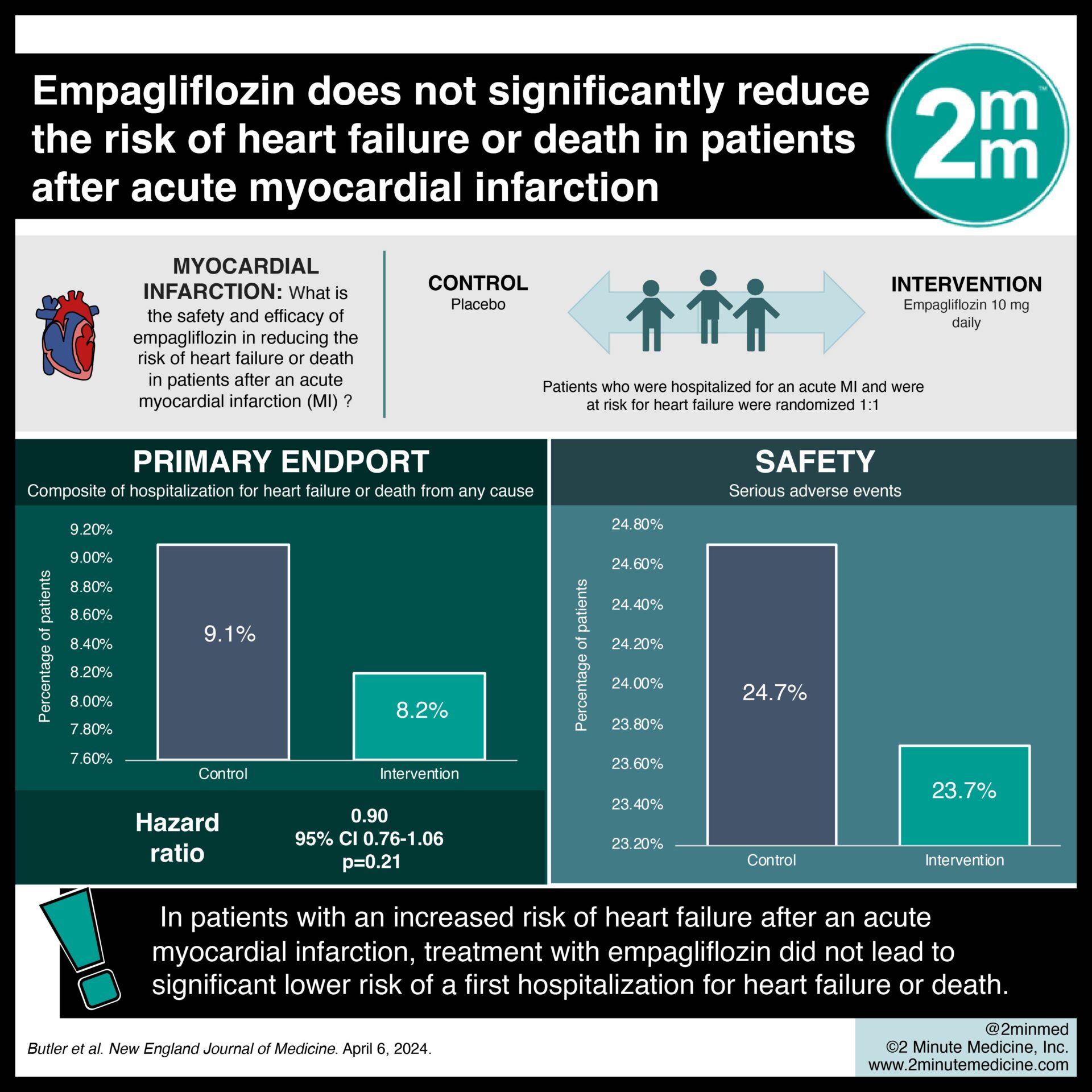Corneal transplant rejection primarily occurs due to T helper 1 (Th1) effector cell mediated immune response of the host toward allogeneic tissue. The evidence suggests that Type 1 migratory conventional CD103 dendritic cells (CD103DC1) acquire an immunosuppressive phenotype in the tumor environment; however, the involvement of CD103DC1 in allograft survival continues to be an elusive question of great clinical significance in tissue transplantation. In this study, we assess the role of CD103DC1 in suppressing Th1 alloreactivity against transplanted corneal allografts. The immunosuppressive function of CD103DC1 has been extensively studied in non-transplantation settings. We found that host CD103DC1 infiltrate the corneal graft and migrate to the draining lymph nodes (DLN) to suppress alloreactive CD4 Th1 cells via the programmed death-ligand 1 (PD-L1/ PD-1) axis. The systemic depletion of CD103 DC1 in allograft recipients leads to amplified Th1 activation, impaired Treg function, and increased frequency of allograft rejection. While allograft recipient Rag1 null mice reconstituted with naïve CD4CD25 T cells efficiently generated peripheral Treg cells (pTreg), the CD103DC1-depleted mice failed to generate pTreg. Furthermore, adoptive transfer of pTreg failed to rescue allografts in CD103DC1-depleted recipients from rejection. These data demonstrate the critical role of CD103DC1 in regulating host alloimmune responses. Short title: Role of CD103 DCs in corneal allograft survival.Copyright © 2023 The Author(s). Published by Elsevier Inc. All rights reserved.
















